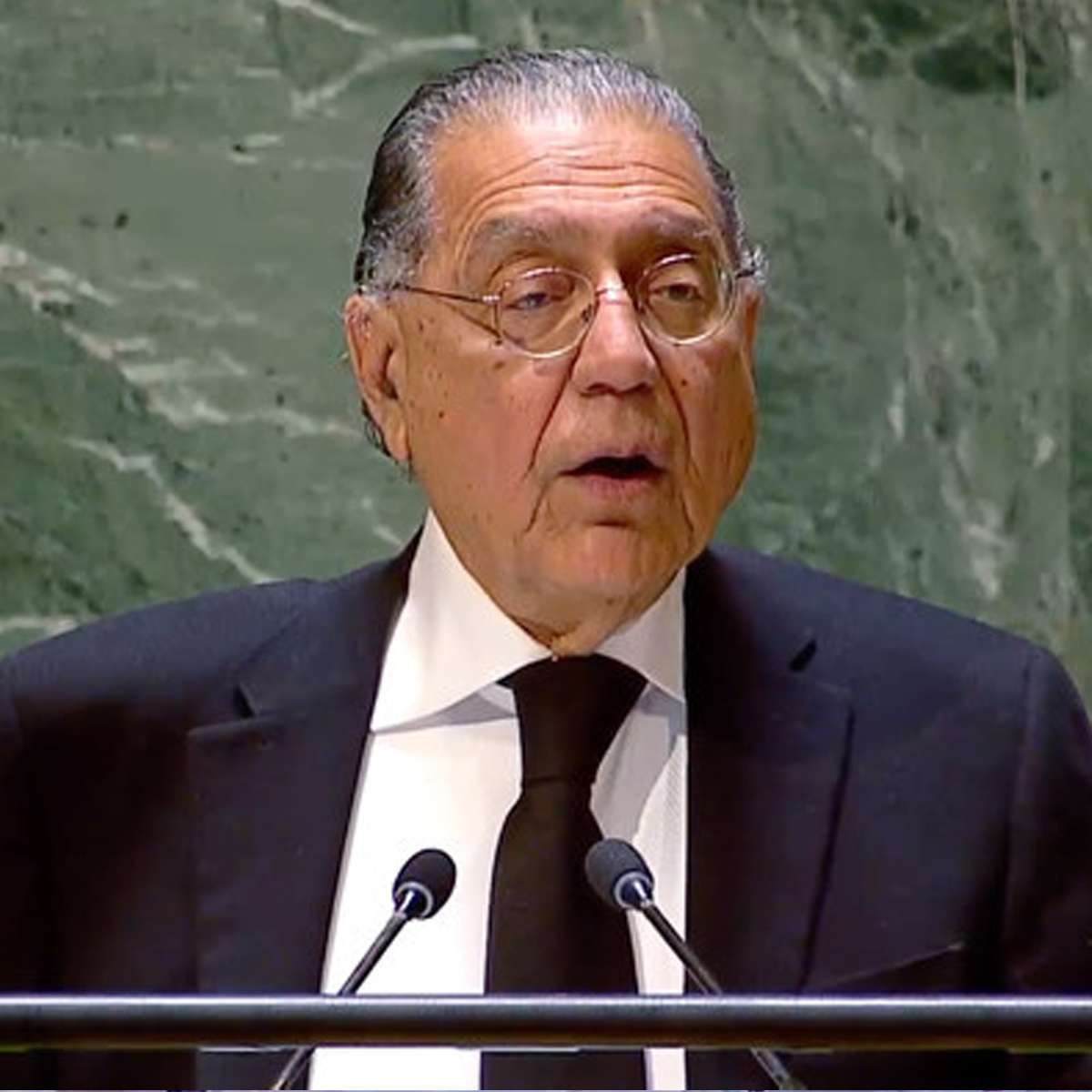India’s decision to abstain from voting on a United Nations resolution addressing Islamophobia, proposed by Pakistan and supported by China, has sparked discussion. The resolution, which was adopted by the General Assembly with 115 nations in favor and 44 abstentions, aimed to combat discrimination against Muslims. India’s Permanent Representative to the U.N., Ambassador Ruchira Kamboj, expressed concerns about the resolution’s narrow focus and called for acknowledgment of “religiophobia” against Hinduism, Buddhism, Sikhism, and other faiths.
Ambassador Kamboj highlighted that followers of non-Abrahamic religions have also faced discrimination and violence, leading to contemporary forms of religiophobia. She emphasized the need for a more inclusive approach to combat religious discrimination globally.
While the resolution condemned discrimination against Muslims, India stressed the importance of addressing religious discrimination comprehensively. India’s abstention and its call for a broader scope in combating religiophobia underscored its commitment to pluralism and democracy.
The resolution’s adoption and India’s stance reflect a complex and nuanced approach to the issue of religious discrimination, highlighting the challenges of addressing such sensitive topics at the international level.




















